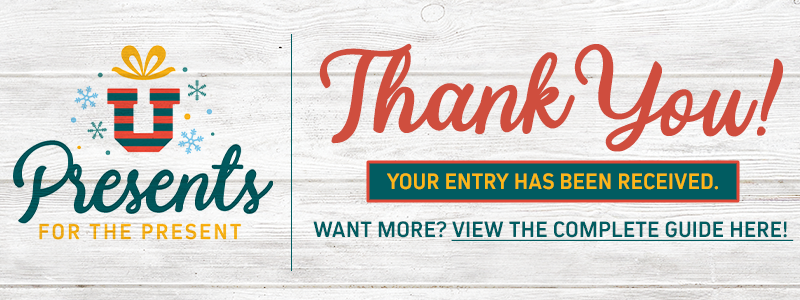Hi Everyone,
One of the things we all struggle with from time to time are worries about the future. This can look differently depending on what matters most to you, but some of the things I worry about are things like, “will I ever feel okay with my body?” or “will I be able to be successful in my job?” We all know that we can’t always get what we want. And, worrying about things that may or may not happen seldom serves us well. The skill we use for reducing the fear and distress we experience around these worries is called “cope ahead.” Essentially this is like rehearsing the situation ahead of time. When it’s relevant, you should also plan ahead, which is different from coping ahead, because sometimes situations raise your emotions so high that you can forget what to do. To cope ahead effectively, it’s very important that you ask yourself “What is the threat – what am I most worried will happen?” Once you identify the threat, you should imagine the situation unfolding in your mind (including how you would feel and what you’d be thinking) and imagine yourself coping effectively with the threat you most fear.
Coping ahead involves imagining things going poorly rather than well. For example, if I’m not successful as a professor, I would have to find a different job. I do have back-up plans, such as working as a therapist in private practice. However, these plans attend to what I would need to do, but they don’t really get at the threat for me. The real threat for me is how badly I would feel, how truly crushed and disappointed I would be. Coping ahead for this intense emotional reaction means that I need to imagine myself being just absolutely devastated (this is my threat – yours could be different), and then finding a way out of that grief. I imagine that I would probably start by taking some time off of work to center myself (read: large quantities of potato chips and Netflix), and as the emotions settled, I’d be able to get clarity on what I’d like to do next. As I pursued that work, I imagine appreciating the reduced pressures and pace of my new job. I imagine that I would eventually find a way to be happy again. Thus, changing jobs is not the end of the world, although it starts to feel that way if I’m not careful to remind myself that I could survive the disappointment.
Long story short: When you find yourself plagued with worries and “what ifs,” cope ahead will help you combat that discomfort and sense of helplessness by forcing you to work through what would actually happen if your fear came true and how you would come out the other side of it. Coping ahead empowers us to live the lives we want in spite of the reality that things won’t always go as planned.
Best,
Dr. Carla

